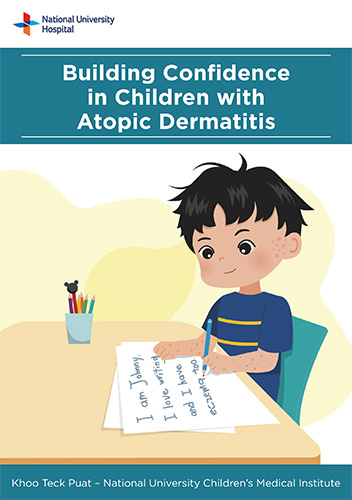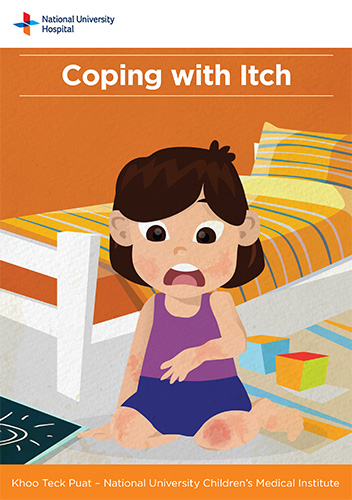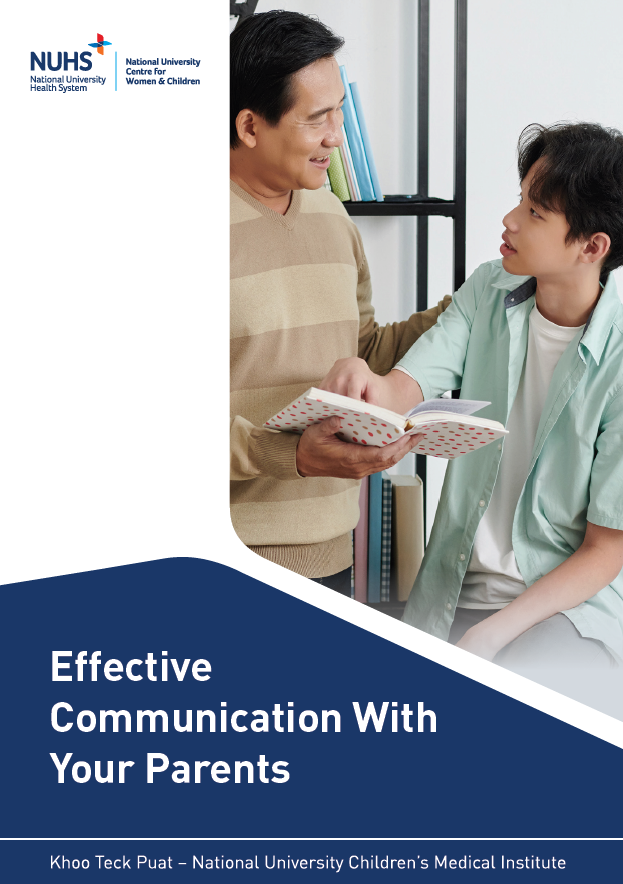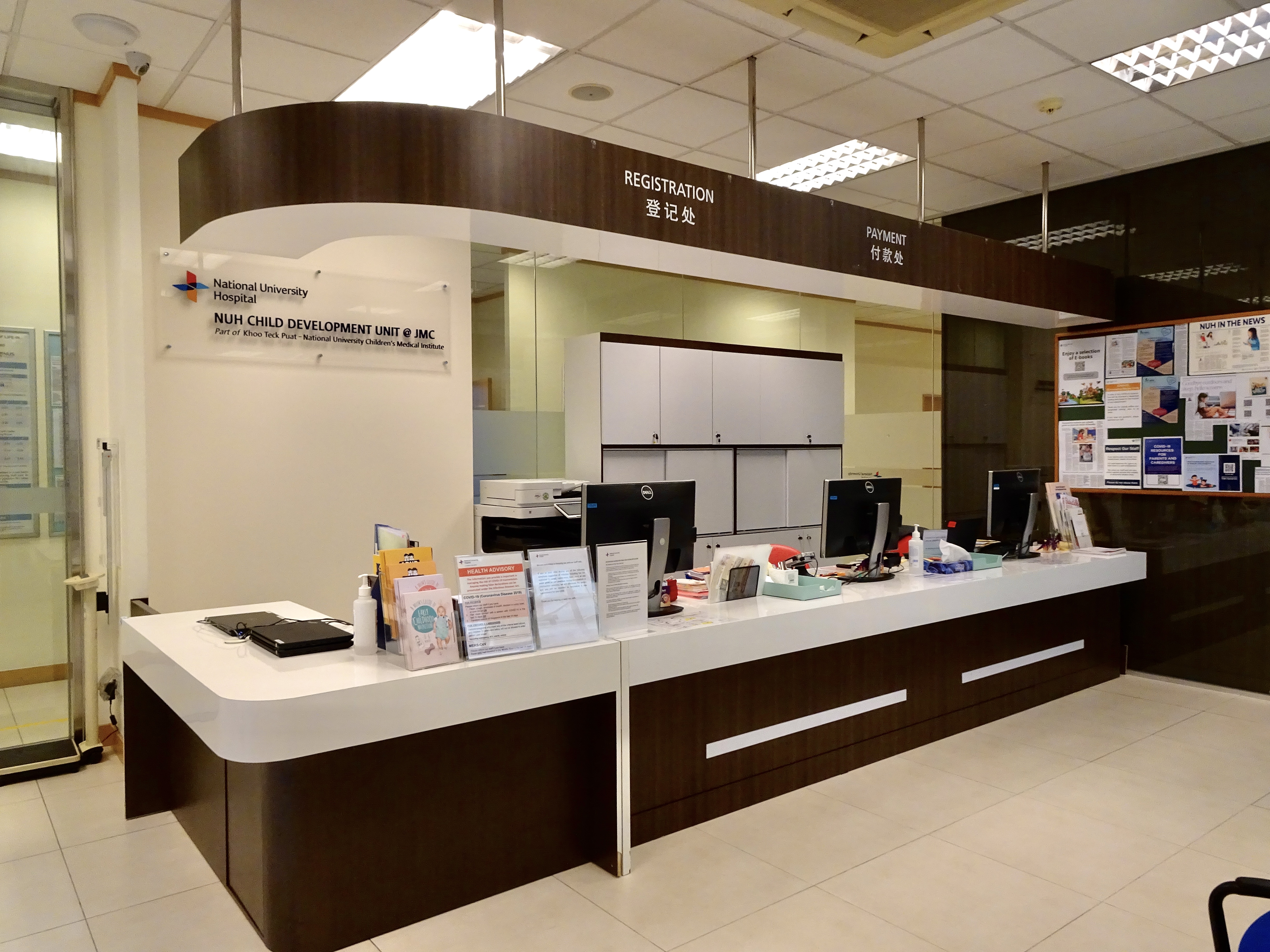Psychometric Assessment
NUH Child Development Unit (CDU)
Working within a multidisciplinary team, our psychologists offer diagnostic, treatment and consultation services for children from birth to 7 years old (Kindergarten 2 and below). We cater to a variety of learning, behavioural and developmental needs.
Our assessment services include:
⦁ Autism Assessment
⦁ Educational Assessment (cognitive testing and school readiness assessment)
⦁ Neurodevelopmental Assessment (evaluating a child's neuro-developmental strengths and weaknesses to optimise their ability to learn)
⦁ Attention Deficit Hyperactive Disorder (ADHD) Assessment
⦁ School Observations
NUH
For children and adolescents aged 7 to 18 years with medical and/or developmental conditions, our psychologists employ a range of standardised assessment tools. These include:
⦁ Cognitive Assessment
⦁ ADHD Assessment
⦁ Autism Assessment
⦁ Evaluation of Adaptive Functioning
Please note that we do not accept referrals for assessments for access arrangements recommendations or for exemptions in second language requirements.
Psychological Therapy
NUH Child Development Unit (CDU)
Our psychologists provide individual intervention and therapy services for children from birth to 7 years old (Kindergarten 2 and below).
These services include:
⦁ Behavioural therapy for children with internalising difficulties
⦁ Parent training for children with developmental delays
⦁ Group-based transition programme for children with high-functioning Autism Spectrum Disorder
⦁ Sibling workshops for siblings of children with special needs
NUH
Our psychologists provide individual intervention and therapy services for children and adolescents aged 7 to 18 years old in partnership with their families and schools. Skills-based group sessions are available if required.
Common issues addressed in our clinic include:
⦁ Behavioural challenges
⦁ Emotional difficulties such as depression, stress, anxiety and adjustment issues
⦁ Management of somatic symptoms and chronic pain
⦁ Developmental and existential challenges associated with chronic illnesses
Child Life Service
Our child life therapists provide psychosocial support to children and their families, addressing medical fears and anxiety through play and creative activities. We focus on the socio-emotional developmental needs of children, and the impact of illness, injury or hospitalisation on them and their families. Our child life therapists, professionally trained in child and adolescent health development, offer support for various issues, including:
⦁ Procedural preparation and support: Assisting children in preparing for and coping with medical procedures to alleviate anxiety and providing guidance to parents for supporting their child using diversion activities.
⦁ Coping with new diagnoses: Offering tailored education and support in understanding new diagnoses, appropriate to the child's developmental age and cognitive level.
⦁ Medical play: Facilitating therapeutic medical play to help children to better understand the hospital environment and their medical conditions.
⦁ Sibling support: Assisting siblings in understanding and coping with the medical situation of their ill sibling, addressing their feelings and concerns.
Art Therapy
Art therapy is a mental health profession that integrates art-making with diverse psychological frameworks and counselling techniques. It aims to enhance the mental and emotional well-being of children and adolescents. Using art as a communication tool, art therapy offers a safe and constructive way for children to express their emotions.
This method assists children and adolescents in coping with stress, processing traumatic experiences, resolving inner conflicts and fostering self-awareness. It is particularly beneficial for those dealing with mental and psychosocial challenges, such as chronic health conditions, anxiety, depression, trauma, abuse, somatic issues, grief, palliative care needs and other mental health-related difficulties.
Our registered art therapists focus on establishing therapeutic relationships with children and adolescents while maintaining appropriate clinical boundaries. No prior artistic experience or skill is needed for referral to our art therapists. The focus is not aesthetic or diagnostic evaluation of the child’s art, but rather on facilitating effective, long-lasting change and personal growth in a secure and supportive environment.
Play Therapy
Play therapy is a psychotherapeutic approach where play is the primary medium for children to express themselves.
Adopting a child-centred, non-directive approach, our play therapist creates a safe and non-judgmental space for children to explore and process confusing feelings and upsetting events. This therapy is suitable for children of all ages, particularly those between 3 to 10 years old.
Play therapy can be effective in addressing a range of issues, including:
⦁ Anxiety
⦁ Behavioural challenges
⦁ Social and emotional difficulties
⦁ Bereavement and loss
⦁ Family transitions such as divorce
⦁ Childhood illness or hospitalisation
⦁ Transition and adjustment challenges
⦁ Trauma
During play therapy sessions, children engage in various activities such as drawing, painting, clay modelling, water play, sand tray therapy, role-playing, puppetry, relaxation techniques, movement and music.
The outcomes of play therapy can vary, ranging from general improvements like reduced anxiety and increased self-esteem, to specific changes in behaviour and improved relationships with family and friends.



d83768b6-b9f8-4625-af13-4ffc3f9e6451.png?sfvrsn=cf41a28f_1)
d53230c9-b413-41f5-afeb-a2d460290b4c.png?sfvrsn=f997b0a8_1)
















